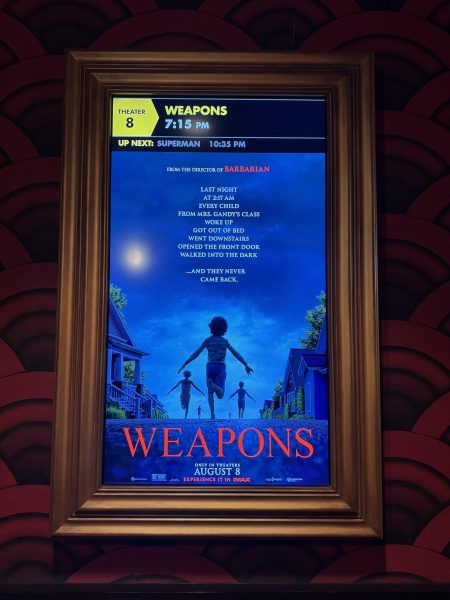UtenaThrowbackThurs
Gender and sexuality have been a hot topic of socio-political conversations as of late, especially considering the rise of third-wave feminism, the increasingly pertinent nature of LGBT+ issues and the election of an alleged rapist into our highest governmental position. However, these concerns are hardly new; they’ve been explored for centuries as a general deficiency of human societies, especially within film, television and writing.
Perhaps my favorite example of this is a rather recent one: the 1997 anime “Revolutionary Girl Utena.” Tragic, hilarious and gayer than Dorothy Gale riding a unicorn over a rainbow, “RGU” is a magical anime that concerns itself with expressions of gender, sexuality and the cycles of physical, sexual and emotional abuse.
At the forefront of this we have Utena Tenjou and Anthy Himemiya, two students who attend a very French inspired academy in Japan who spend their free time battling the student council for the power to bring the world revolution, and conjuring a sword from her body, respectively.
Utena is generally the more masculine of the two; she is a girl who has decided she wants to become a prince, and essentially dedicated her entire life to attain this goal. Moreover, she is frequently associated with phallic imagery throughout the series, like towers, swords and the like. Despite this, she describes herself as “a totally normal girl,” which opens up an opportunity to delve into the complexity of this gender expression, as she is both a girl, yet also a prince, and sees no disconnect between the two. It is a convergence of masculinity and femininity that allows a more fluid expression of gender than is typically alloted.
In contrast, Anthy Himemiya is coded as extraordinarily feminine. She serves as a sheath for Utena’s sword, spends her time tending roses in a bird-cage shaped garden and fulfills the role of the Rose Bride (see princess), where she is delegated to nothing more than serving and pleasing whomever she is engaged to.
Additionally, she is the primary victim of abuse throughout the series, and is remarkably passive and manipulative in almost every circumstance, which has actually garnered criticism from viewers. This is, of course, an example of victim blaming and therefore an adequate reflection of the real-life abuse which victims face.
There’s a lot that could be said about this show; it’s thirty eight episodes long and filled with symbolism and complexities, as well as weird filler episodes where characters turn into cows or think they lay eggs. But an especially interesting aspect of the show is the way Utena finally manages to help Anthy: not by saving her as some performative prince, but by offering her the help, support and love she needs to escape the situations that keep her trapped and that’s a takeaway that will always be relevant.






